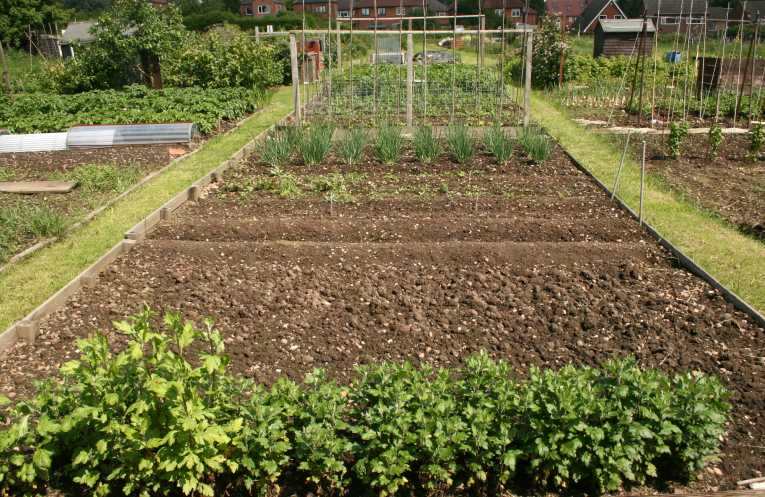Work by a team of researchers has suggested that increasing levels of urban agriculture are having a beneficial effect on the environment by reducing vehicle emissions and reducing landfill waste.
The team behind the Worldwatch Institute's Nourishing the Planet project say that as people move from rural to urban settings in search of work, particularly in Asia and Africa, urban agriculture is becoming an important provider of food and employment.
Danielle Nierenberg, co-director of the Nourishing the Planet project, said: "Urban agriculture is providing food, jobs, and hope in Nairobi, Kampala, Dakar, and other cities across sub-Saharan Africa."
"In some cases, urban farmers are providing important inputs, such as seed, to rural farmers, dispelling the myth that urban agriculture helps feed the poor and hungry only in cities."
According to the United Nations, 65 per cent of the world's population will live in cities by 2050, up from 50 percent today, a movement particularly pronounced in sub-Saharan Africa and South Asia.
Worldwatch says that 800 million people worldwide are engaged in urban agriculture, producing 15-20 per cent of the world's food.
Much of this currently happens in Asia but the Institute says that work is under way to increase it in Africa as well, where 14 million people a year migrate from rural to urban areas. In sub-Saharan Africa, the Educational Concerns for Hunger Organization, a Florida-based organisation, has helped farmers build gardens using old tires and other rubbish to create plant beds. Also, Harvest of Hope has helped urban agriculture programmes in Cape Town, South Africa.
Mary Njenga, researcher at the University of Nairobi and the World Agroforestry Centre, said: "These projects are not only helping to provide fresh sources of food for city dwellers, but also providing a source of income, a tool to empower women, and a means of protecting the environment, among other benefits."
The Worldwatch Institute says that such projects help the environment because they are closer to markets, which means that the food does not have to be transported as far, thus reducing greenhouse gas emissions from vehicle exhausts.
Also, according to the Institute, because urban farmers recycle waste for compost, animal feed and building materials there is less waste going to landfill, which can create vast amounts of methane.










